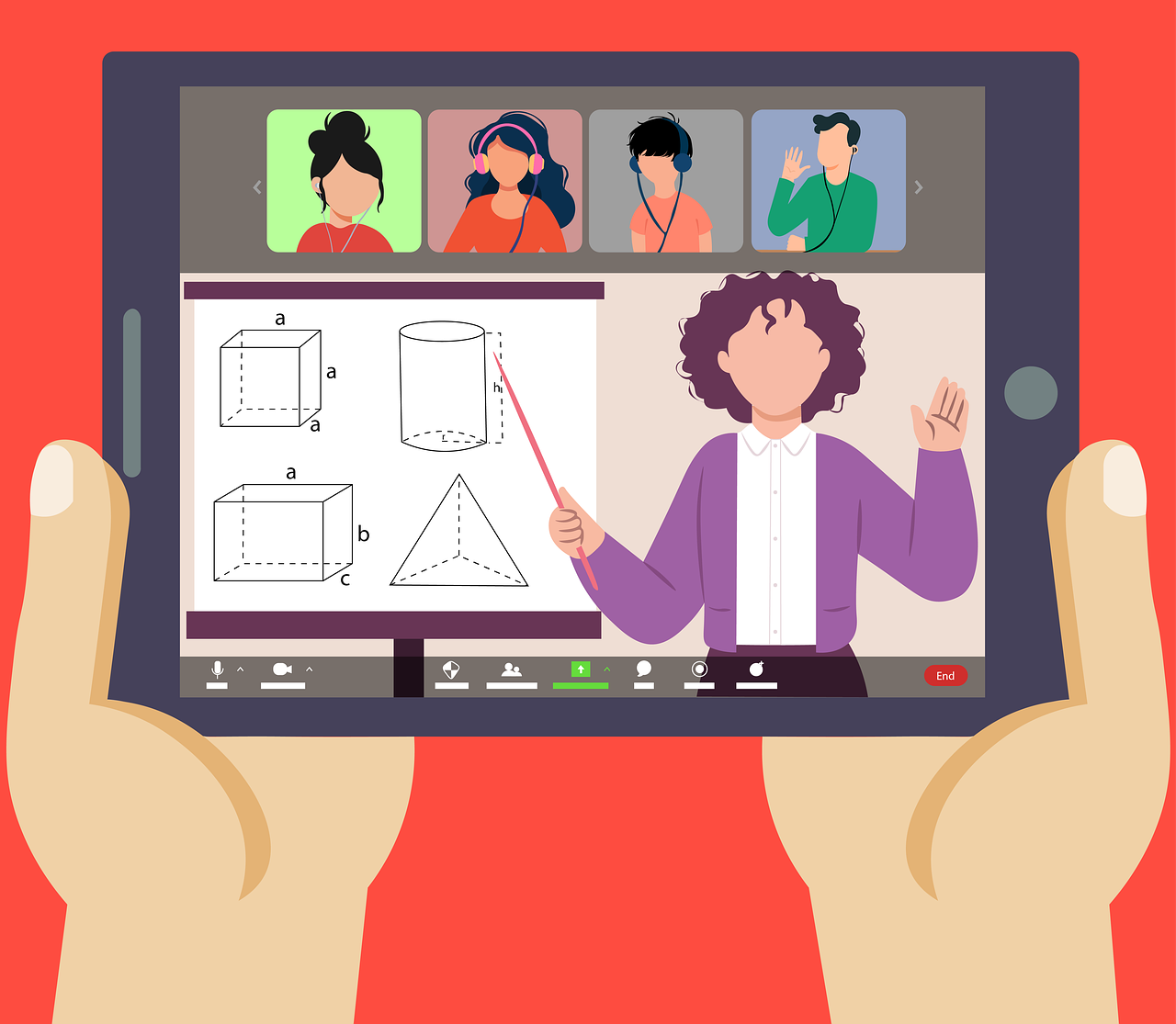Transitioning from Remote to Virtual Schooling
Assess your current virtual schooling program to make sure it offers the quality your students need to succeed

In March 2019, many districts quickly pivoted to online teaching to allow students continued access to learning even though we were restricted from in-person instruction. As the 2020 and now 2021 school years began, online options remained available to students in many places. But, as we are now looking into the 2022-23 school year, district leaders are realizing that maintaining a virtual school or program may be a very necessary school option for some families.
Online schools have been in existence since 1994 in the U.S., with Michigan and Florida leading the way. Many virtual schools have worked within their respective states on legislation and funding support for these learning environments over the past 28 years.
As districts begin to design their virtual programs or schools, it is important to note that virtual learning is not the same as remote learning. Remote learning was an emergency model for instruction to be delivered in an online format but lacked policies and effective practices that are in place in accredited virtual schools. So, if you are a district considering maintaining your remote offerings by establishing a virtual school, here are some resources you should check out before you get too far down the road to make sure you are building a virtual school model that meets the national standard.
Virtual School Resources
- Digital Learning Collaborative is a membership organization that is focused on online and blended learning. The site includes state profiles that provide data on legislation and funding as well as professional learning opportunities for teachers transitioning to online learning. They also have posted a great chart comparing different types of learning modalities from traditional to blended/hybrid, to online and remote. The blog post written by Julie Young, the founder of Florida Online Virtual School, includes these very informative charts.
- The National Standards for Quality Online Learning were initially developed by iNACOLl and have transitioned to be stewarded by Digital Learning Collaborative, Virtual Learning Leadership Alliance, and Quality Matters. The standards address online teaching, online programs, and online courses and have been the benchmark for states and districts since 2007.
- If your district is Cognia-accredited already, you should probably pay attention to the digital learning standards published by Cognia. These standards address all elements of digital learning under three domains: leadership capacity; learning capacity; and resource capacity.
- Virtual learning can be a very good option for some students. The Journal of the American Medical Association published a viewpoint on virtual schooling, COVID-19, and student success, noting that virtual schooling can be especially beneficial to children with health problems that limit their attendance in face-to-face schools.
Tools and ideas to transform education. Sign up below.
- Although virtual schooling is a great alternative for some students, the quality of the program/school must be monitored. A study published by the National Research Center for Distance Education and Technological Advancements noted that the design of the learning experience is the most influential measure for student success. Taking the time to design an experience that attends to learner support, student interactions, content design, and delivery and assessment can make all of the difference in how successful students are as virtual learners.
The resources noted above provide a road map to quality that may not be in place due to the quick pivot to remote learning. Take the time to assess your current program and make sure it offers the quality your students need to succeed, which may mean making some revisions to content, course delivery, and teacher development. Students, teachers, and partners alike will appreciate the effort and most certainly benefit from the work to make improvements.
Dr. Ray's career includes designing technology within the Frist Center for the Visual Arts and directing technology research through Vanderbilt University School of Medicine Science Outreach programs. As a district administrator for Metropolitan Nashville Public Schools, she led the award-winning design, implementation, and evaluation of instructional technology programs, including instructional design for online and blended learning environments, redesigning physical learning environments, redefining school libraries, and establishing the first virtual high school to award the diploma. She leads K20Connect and other passion projects supporting K20 education around the world.

